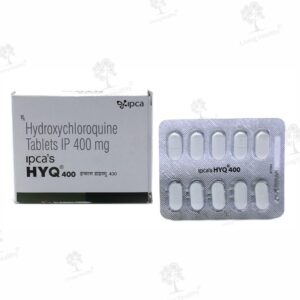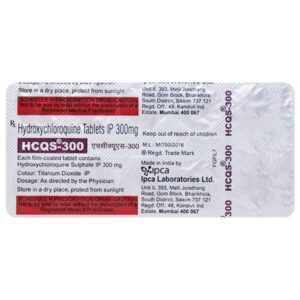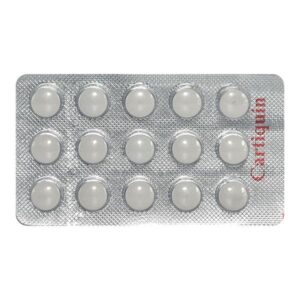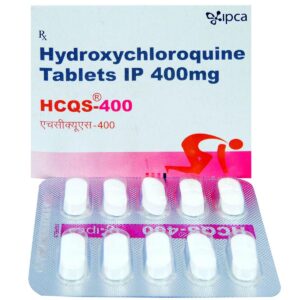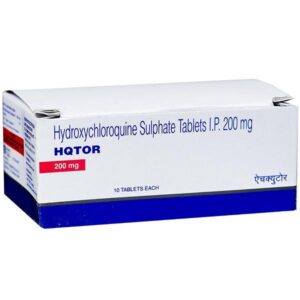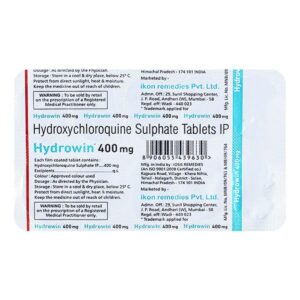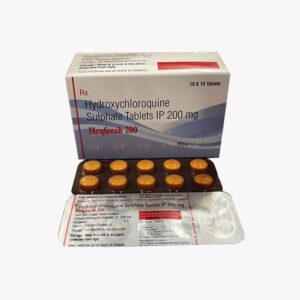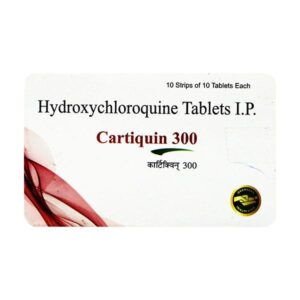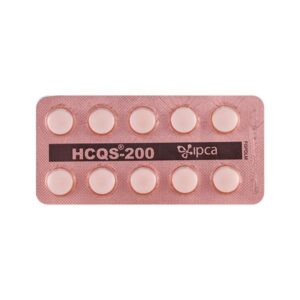HYDROXYCHLOROQUINE SULFATE
HYDROXYCHLOROQUINE SULFATE: Hydroxychloroquine sulfate is a medication that is primarily used to treat malaria, but it is also prescribed for other conditions such as rheumatoid arthritis and lupus erythematosus. It is available in tablet form.
The precise mechanism of action of hydroxychloroquine sulfate is not fully understood, but it is believed to work by interfering with the activity of parasites in the red blood cells, thereby preventing their growth and replication. It also has immunomodulatory effects, which may be beneficial in managing rheumatoid arthritis and lupus erythematosus.
The recommended dose of hydroxychloroquine sulfate varies depending on the condition being treated. For malaria prevention, the usual dose for adults is 400mg once weekly, starting one to two weeks before entering the malaria-endemic area and continuing for four weeks after leaving. For rheumatoid arthritis and lupus erythematosus, the typical dose ranges from 200mg to 400mg daily. However, dosing should always be determined by a healthcare professional based on individual factors.
While hydroxychloroquine sulfate is generally considered safe, it may cause certain side effects. Some common side effects include nausea, stomach upset, headache, dizziness, and skin rash. In rare cases, more serious side effects can occur, such as vision changes, muscle weakness, and blood disorders. It is important to report any unusual or severe side effects to a doctor promptly.
It’s worth noting that hydroxychloroquine sulfate has gained attention during the COVID-19 pandemic as a potential treatment. However, its effectiveness in treating COVID-19 is still under investigation, and it should only be used for this purpose under the supervision of a healthcare professional.

